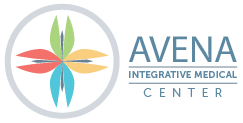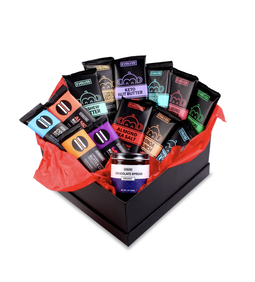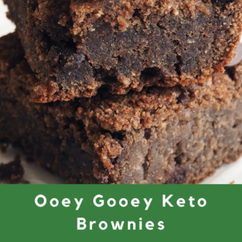Collagen has become mainstream in the health and fitness industry. Boasting benefits like better skin, hair, and nails along with quicker athletic recovery, it is worth considering adding this to your daily regimen.
But not all collagen on the market is created equal. In fact, not all collagen is the same nor offers the same benefits. Today we want to take a deeper look into what collagen is and how to make the most out of adding collagen into your lifestyle.
- What is collagen - collagen is a type of protein structure that is a primary component of connective tissue in the human body. Glycine, proline, hydroxyproline and arginine are the amino acids that make up the building blocks of these protein structures. Collagen provides our body with strength, structure and stability. As we get older, are body's natural production of collagen slows down, making it harder to maintain optimal levels for recovery and bone and joint health.
- Types of collagen - There are several different types of collagen found in the body, the majority of them are either type I, type II or type III.
- Type I - this is the most prevalent type of collagen in the body. Around 90% of the collagen in our bodies is made of type I and is found in our skin, tendons, bones, and internal organs.
- Type II - plays a smaller but just as important role in the body. Type II collagen is found in our cartilage and helps form our skeletal system.
- Type III - is found in reticular fibers, like bone marrow. This type of collagen is usually found alongside type I collagen in the bone.
- Benefits - The obvious (and most talked about) benefits are seen in healthier hair, skin, and nails. This is because your skin is like a rubber band. As a rubber band ages it can become dry and brittle, not retaining its original structure. Your skin is the same. Collagen is a substance that helps keep your skin moisturized and full of elasticity. The results are easy to see with increased hair and nail growth and skin strength and durability. The less obvious, but more impactful, benefits of collagen are increasing bone strength, and maintaining healthy joints and tendons. This is not only beneficial to help slow down aging but it also supports athletic recovery.
- Sourcing - Just like it does with anything we put in or on our bodies, where the collagen is sourced from matters. Collagen rich foods like grass fed bone broth should be the first step to adding collagen into your diet. Don't forget, all supplements are not created equal. You want to make sure the collagen came from a grass fed (or in the case of marine collagen, wild caught) source. These sources are more nutrient dense and are less likely to contain corn, grains and hormones found in traditional farm raised animals. Another important consideration is checking to see if the collagen was sourced in a way to make it bioactively available for your body to use upon consumption. Bioactive ingredients are ones that are extracted and preserved in a way that allows them to be utilized more readily by the body without having to be converted to another form. If you are taking collagen in a supplement, not only is it important to take a bioavailable form but it is also important to consider what additional ingredients are in the supplement that will help your body absorb and utilize the collagen.
| Gift Ideas Looking for gift ideas for Valentine's day? Evolved as put together the ultimate Valentine's Day gift box. The box contains 9 different chocolate bars, 4 nut butter cups and 1 chocolate spread! Whether you order it for yourself, a loved one, or for the whole family to enjoy, this is the perfect gift for any chocolate lover. |
| Recipes Keto Collagen Brownie recipe - you don't alway have to take your collagen supplement in a shake or cup of coffee. Collagen is also a great alternative to traditional flours because it keeps the batter moist. Add more collagen to your day with this Keto Collagen Brownie recipe! |




 RSS Feed
RSS Feed